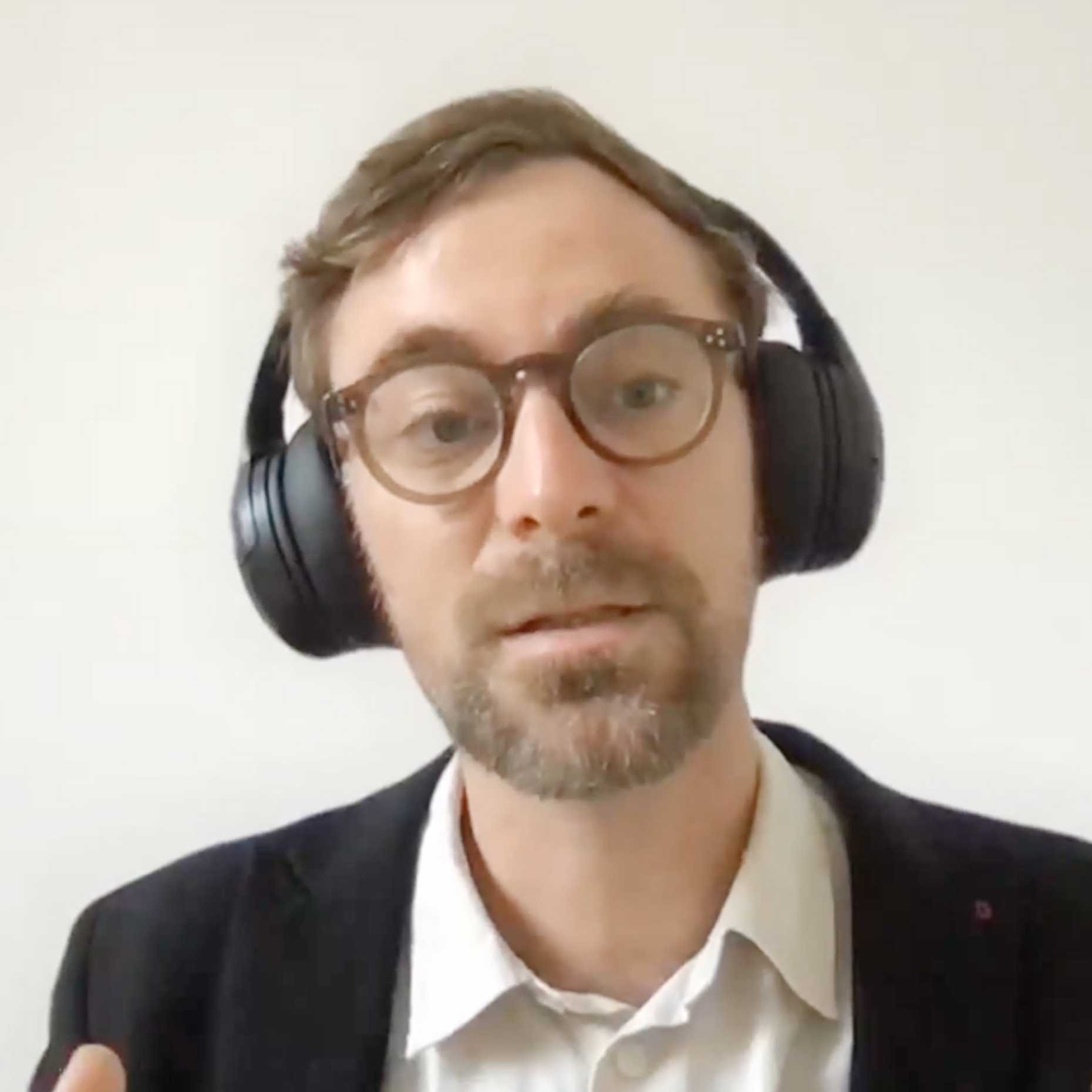“I have a long-standing interest in conflict work”
Ombudspersons offer advice to members of ETH Zurich who find themselves in difficult situations. While they cannot issue instructions, they may point out solutions, establish contacts, and initiate processes. Interview with Jonas Nakonz who is ombudsperson at ETH Zurich since fall 2022.
You have a very interesting biography, I suggest you introduce yourself, Jonas!
I have a long-standing interest in conflict work: When I was 16, I did interviews with Neonazi groups in Russia to understand their violence. I later worked for swisspeace and did my masters at the Center for Comparative and International Studies at ETH Zurich focussing on civil war dynamics. I lived in the Philippines and China for some years before joining a Swiss foreign policy think tank to lead national and international policy dialogue projects. I found my passion as an independent mediator and, last year I was elected as ombudsperson of ETH Zurich.
What exactly does that mean: you are an ‘external ombudsperson’ ?
Ombudspersons in general are responsible for responding to conflicts at workplaces and studies, to compliance issues, and to issues of misconduct. The word “external” means we are recruited by the General Assembly, i.e. a representative body including the voices of students, doctoral students, professors and technical and administrative staff. We are proposed for election to the school’s leadership. And, once we are elected, we work on a mandate-basis, i.e., we are not part of the administration, which ensures our independence. Currently, there are four ombudspersons working to this function. Two of whom have a past in ETH Zurich, they know the institution from the inside and hold an external mandate now. And, two of us are - like myself - completely external.
Who can contact you, students, staff members, PIs… everybody?
The answer is: Yes. Every member at ETH Zurich, whether it is a student or employee can contact us. We offer advice to the whole range from bachelor students all the way up to technical and administrative staff.

“We are not part of the administration, which ensures our independence.”Jonas Nakonz, Ombudsperson at ETH Zurich.
There must be a great diversity of cases you deal with. Which category of issues you deal with most..?
Since I started last autumn there was pretty much every week something completely new. There is a great diversity of cases and issues. But, the tendency is on issues between doctoral students and their supervisors. This is one of the more fragile relationships at this university. There is a certain degree of dependence of doctoral students from their supervisors. And, sometimes there are disagreements about contracts or work load or other issues. This is in the category of workplace conflicts. Misconduct issues such as issues related to sexual harassment or discriminatory behaviour is another category of issues, also happening amongst students.
How do you deal with issues, for example can people choose to stay anonymous…? Is there a standard procedure…?
Confidentiality is the highest principle: we absolutely guarantee that anybody approaching us will have full control over the information we share. We are confidential by default. When it is necessary to share the information to address the issue then we only do this with the explicit consent of the person seeking advice. The ombudspersons are part of the informal mechanisms of the school, this means: there are no automatic procedures. We look at each case individually and see whether we can best help by listening and giving advice, by empowering the person to deal with the situation themselves. Or whether it is necessary to have a mediated conversation between the parties in conflict. In such case we of course work impartially, meaning we don’t take party of one or the other person, we really host the conversations. And sometimes the solution lies elsewhere in helping for example with a supervisor change, which may involve the head of departments or the doctoral administration. It is really an informal space where we can explore what is the best option for the person seeking help, and where does he or she want to go further.
If you see a reason to report on systemic deficiencies at the institution and its processes: to whom are you reporting…?
While we are strictly confidential and we do not share information about specific cases with anybody without consent, we have a number of touch points where we can place observations of systemic nature with different important actors in the system. Most importantly we have a yearly conversation with the entire leadership where we can place high-level issues into the hands of the people responsible. We also have regular touch points with HR, with the school assembly, with the protector for doctorates, and also with other points of contact for people seeking help, such as AVETH councilors or the Respect Office. So, there are many avenues for us to flag structural issues.
Many thanks, Jonas, great to meet you and to learn about your work as ombudsperson and to have you at ETH Zurich!
This interview was conducted as part of the Digital Campus held on 19 September.
Jonas Nakonz is one of four external ombudspersons and trusted intermediaries at ETH Zurich. In case you seek help or advice you may contact him directly.
Find a list of all ETH ombudspersons and learn about their work.
At D-BSSE, a group of doctoral students and postdocs act as Persons of Trust.